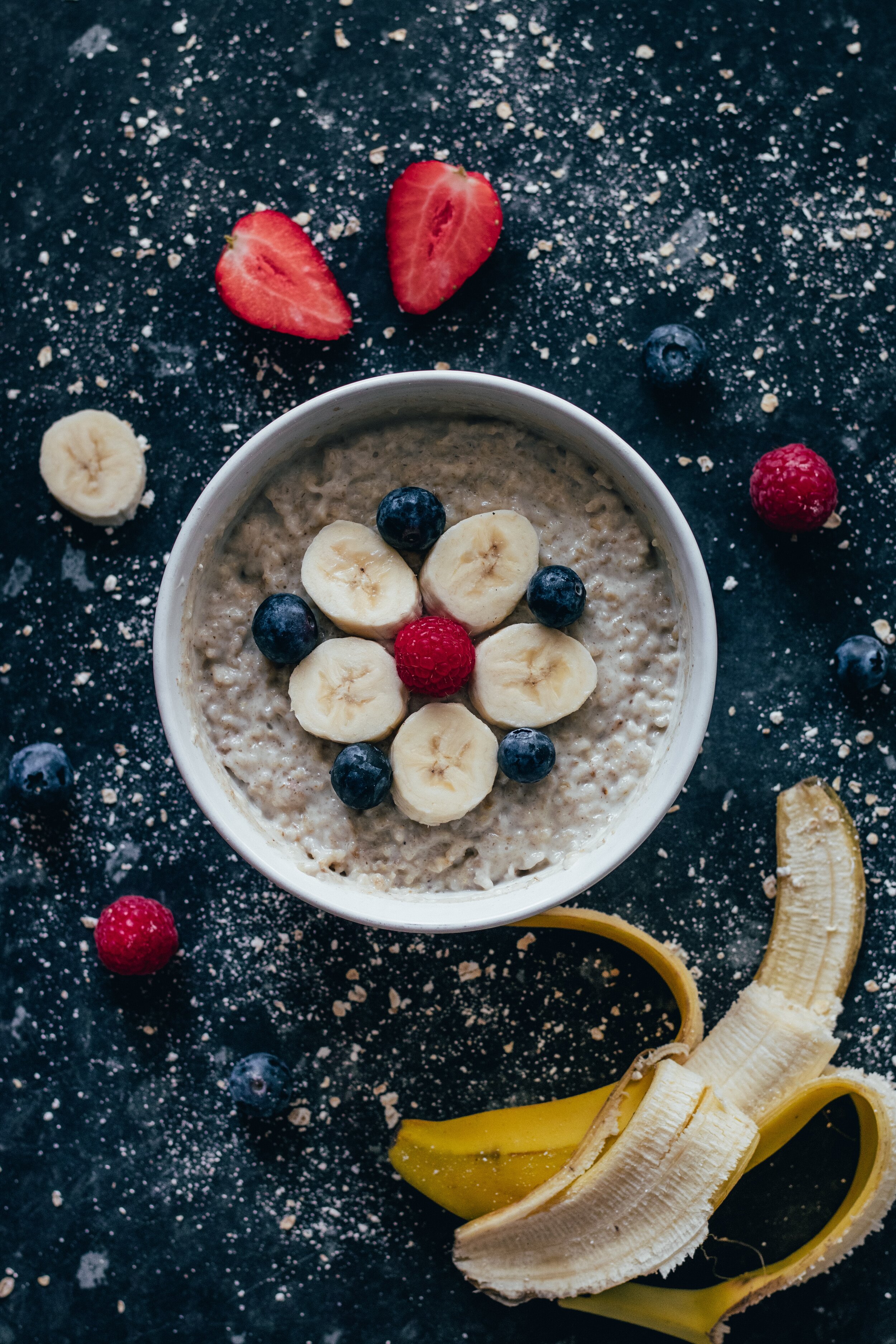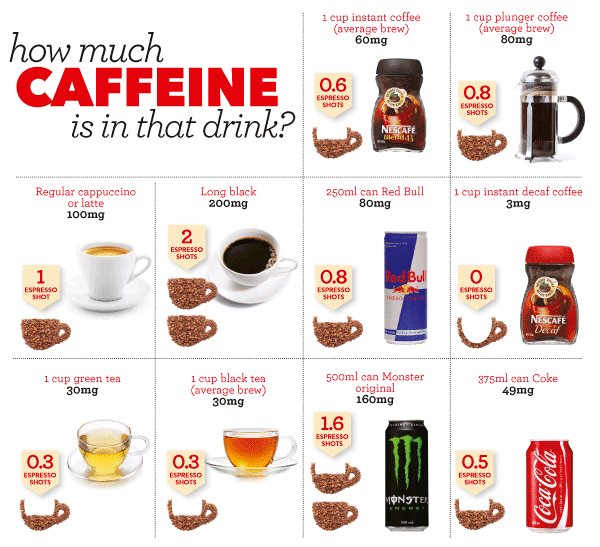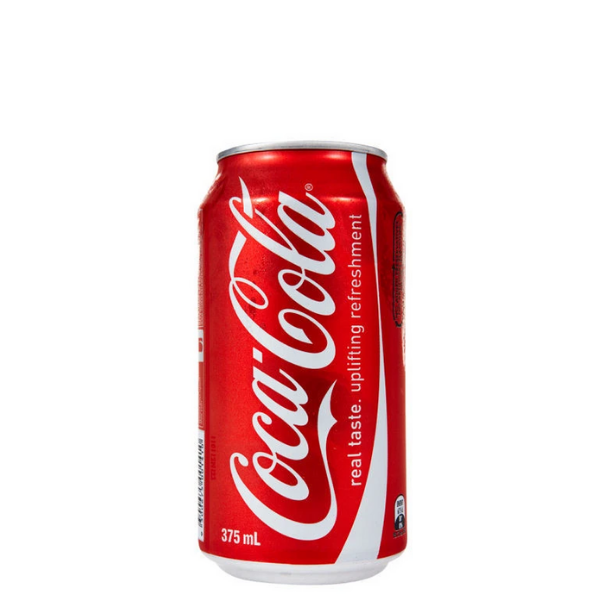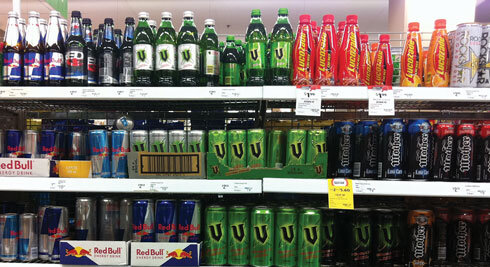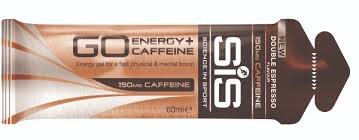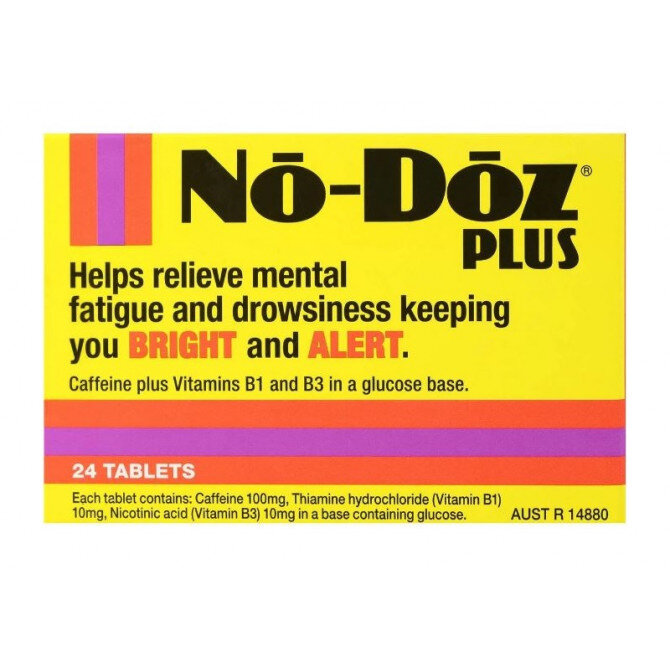You have spent months training, early mornings, exhausted evenings, missing sleep in’s and the odd social occasion because you are focussed on your goal. Whether it be your first 10k, wanting to break 3hrs for a marathon, complete an ironman, your standard Saturday netball, the season AFL final or a day hike you have had planned for months – you have worked hard. But what are you going to have for breakfast on that important day?
So often we plan and train for months for a sporting event whilst we plan nutrition the night before! Good nutrition won’t make a weekend warrior an elite athlete. However, it will quickly make an elite athlete mediocre if not done well! What nutrition will do is make YOU (weekend warrior, average athlete, elite athlete or whoever you are!) feel like an absolute superstar on the day and perform at the absolute best you can be. Great nutrition is like a secret weapon you have above all the others – you can always mask a certain amount of pain, fatigue, those few sleep in’s and missed trainings, or that slightly slower speed if you have the best fuel to keep you going.
Where does good nutrition start? Well on race or competition day of course it starts with a good breakfast.
Key Ingredient #1 Carbohydrate
Eating carbohydrates at breakfast is like topping up the fuel tank. Carbohydrate is the primary source of fuel for our bodies during sport. When we work at a higher intensity (race day, competition day, finals in particular) we also burn through carbs a lot faster. In fact, our muscles can only store 60-90mins of carbohydrate therefore we have to maximise that by topping it right up for the meal before. It is also why we often need to think about nutrition DURING an event too!
Key Ingredient #2 Type of carbs
This mostly depends on how you tolerate food before training. Fibre is great for day to day health however on race day it can be a bit of a problem if you are feeling those butterfly tummy nerves or have difficulty with stomach discomfort during sport. Fibre isn’t crucial for performance so on event day we can leave it out. Go for things like white bread, cornflakes, bananas, juice, sports drink or smoothies in particular if you have stomach issues or want to keep the carbs simple and easy to digest. Liquids do not sit for a long time in your stomach making them more comfortable again if you have a few butterflies.
Key Ingredient #3 How many carbs
Generally, about 1g per kg body weight eg: a 60kg person needs about 60g carbohydrate for breakfast. What does this even look like? Check out the examples below based on a 60kg athlete. If you have a bigger engine then you need more fuel! Smaller engine? Less fuel required – on paper however you still might have a good appetite! If you can eat more – comfortably then go for it! Remember this is your time to maximise the fuel within your body and make the most of that precious 60-90mins worth!
Key Ingredient #4 Add a bit of protein
Day to day protein is essential at breakfast as it to keep us full throughout the morning. It also helps with recovery if brekkie is post exercise and helps with recovery anyway even if our training was at a different time in the day. On event day we still need to feel satisfied and not hungry, it is still beneficial to have amino acids around for recovery however if we are talking the main event of the season… the carbs trump in the priority list. Plan your brekkie based on Key Ingredients 1, 2 and 3 (the right amount and type of carbohydrates) first – then include some protein. Protein is better when it is low in fat where possible to reduce the risk of stomach upset during that high intensity activity coming up or to prevent irritating those butterflies in the stomach. Include things like; low fat milk, fruit flavoured yoghurt (as it has extra carbohydrates), peanut butter or eggs.
Key Ingredient #5 Timing
Breakfast timing is important – if you have problems with your tummy then having breakfast 3-4hrs before an event helps for your food to digest before you get started. It is then important to have a small top up snack within an hour of starting such as 250mL sports drink, a banana, some lollies or a gel. Breakfast within 2hrs of the event start is fine without a top up snack and good for those who tolerate food well before an event.
This is all well and good but sleep may also be compromised in the process if your marathon starts at 7am for example. It is always a balance to get both right, but make sure nutrition is just as much of a priority as sleep. Consider for you the impact of 30mins less sleep vs having a decent pre-race breakfast and what performance different that might make.
What are some ideas that have all the ingredients?
- 3 x weetbix with a Banana, skim milk and a fruit yoghurt
- 2 x white or wholemeal bread with honey or jam with a glass of juice
- 1 medium can of creamed rice
- A smoothie made with a banana, 200mL skim milk, honey
- Porridge with skim milk, dried fruit and some honey or maple syrup on top
- A large (350mL) up and go and breakfast biscuit or muesli bar
- Baked beans on 2 x toast
- French toast with maple syrup
- Weetbix Slice and a glass of juice
But where does good nutrition actually start?
With your breakfast every day to fuel your training too! Imagine if you could have a race day quality breakfast every day of your life to fuel your body and brain to be the absolute best it can be. Now this one is more individual and the above factors might vary day to day. For example; you are more likely to tolerate things like fibre, fruit, healthy fats and need things like a certain amount of protein to contribute to the day to keep you fuelled for more than just sport. There are also the longer-term considerations of having foods that include lots of vitamins and minerals to ensure you have enough of things like iron to keep up with a heavy training load.
Training for Breakfast
Yes, there are some trainings where it is beneficial not to eat beforehand – but these fasted sessions are best used strategically. Just remember when “Breakfast is best”, before high intensity, skill sessions or long trainings that mimic a race or competition. The other thing we often forget is that training is not only training muscles but also training our gut. If you are the person who struggles to eat before exercise or the above suggestions have made your stomach curl just at the thought of trying to eat all that prior to race day – your gut needs training too! Starting with just a small bite of something before training morning or afternoon can help to overcome this.
““Breakfast is best” before high intensity, skill sessions or long trainings that mimic a race or competition”
Where to next?
Breakfast is where good nutrition starts – however the pre-event meal, carb loading, race plan nutrition and recovery nutrition are all very important parts of your race or competition day nutrition plans too!
Get in touch!
If you need help with your Race Day Nutrition plan, Training Nutrition Essentials or have other dietary requirements Nicole can help you out. She is an Accredited Sports Dietitian with Sports Dietitians Australia and works with athletes from many sporting codes to be the best they can be with elite level sports nutrition. From ballet dancers, to boxers to ultra-endurance runners to rugby players Nicole loves personalising nutrition to your sporting logistics! She has worked with people with medical conditions such as Irritable Bowel syndrome, Diabetes, Coeliac disease and requiring weight loss and can work with you to alter metabolism and body composition.
Book an appointment with Nicole, your Sports Dietitian today! Now based on site with the team at Physiologic.

